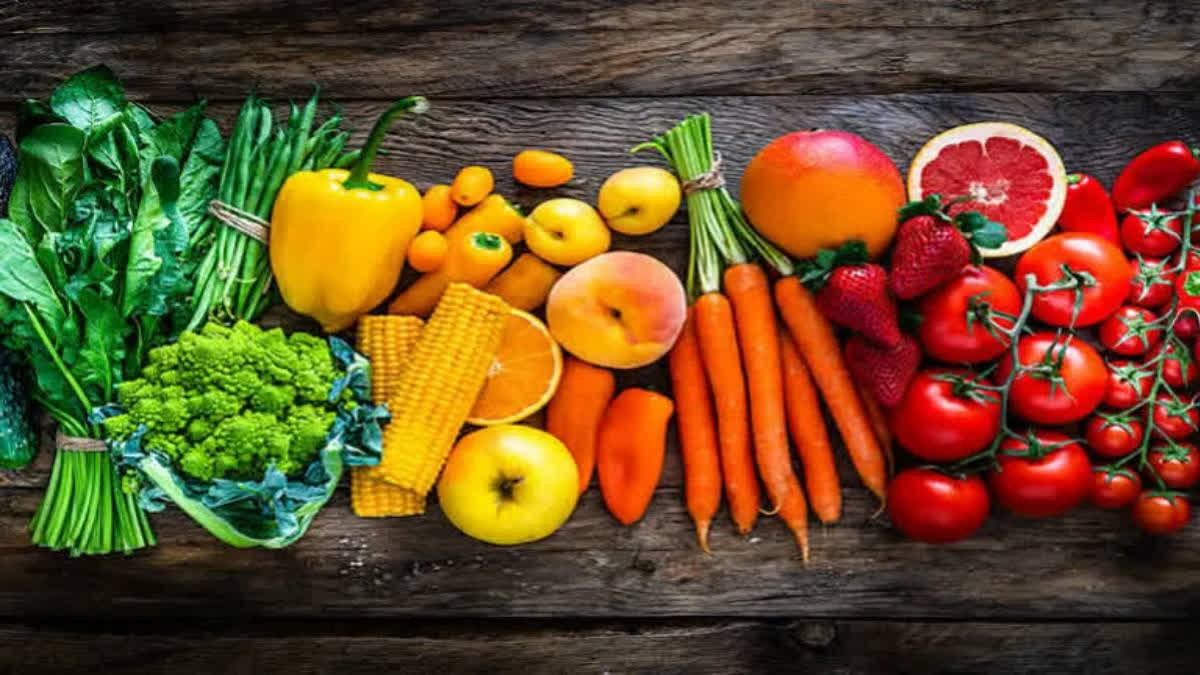Hyderabad: Corporate India bats for flexible export policies and Minimum Support Price (MSP) for major crops in the upcoming budget, which can open new markets for Indian farmers and boost exports. They also anticipate robust governmental support to enhance climate resilience, climate change adaptation and disaster preparedness initiatives across various sectors.
Kunal Gupta, Head-Dhuri Plant of KRBL, a leading player in basmati rice, said, "The upcoming 2024 Budget presents an opportunity for significant support in the agriculture sector. Increased funding for research can deliver improved crop yields and foster innovation in cutting-edge technologies. This, along with flexible export policies and Minimum Support Prices (MSP), can open new markets for Indian farmers and boost exports. However, a balanced approach is needed.”
Gupta added “While promoting exports and controlling inflation are vital, overdependence on fertilizer subsidies requires a shift towards sustainable practices. Additionally, farmer education, infrastructure upgrades, support for small farmers and climate change adaptation are crucial for building a truly resilient and prosperous agricultural sector in India.”
Climate change is increasingly becoming a major challenge for agriculture. “We believe that increased investment, alongside strong policy support, regulations and incentives, in advanced technologies such as IoT, AI and data analytics, can revolutionise climate risk assessment and mitigation strategies in agriculture, infrastructure, urban planning, disaster management and insurance. These cutting-edge technologies can provide real-time data, predictive analytics and automated responses, making our approaches more precise and effective,” said Anuj Kumbhat, Co-founder & CEO of WRMS.
“In addition, we advocate for collaboration between the government, private sector and research institutions to foster innovation and develop scalable solutions that can be implemented across different regions and industries. By leveraging collective expertise and resources, we can create a resilient and sustainable future. Investing in climate resilience not only protects our environment, but also drives economic growth, creating new job opportunities and fostering sustainable development. We are optimistic that the upcoming budget will reflect these priorities and pave the way for a more resilient and sustainable nation,” he added.
Soumyak Biswas, partner, of food and agribusiness, management consulting at BDO India said that the budget may subsidise the usage of foliar application fertilisers and bio-fertilisers to promote sustainable farming. Given the adverse impact of urea on soil health, reallocating the fertiliser subsidy to promote alternative inputs can address this issue effectively.
Despite being among the global leaders in the production of various agriculture and horticulture products, India ranks relatively lower when it comes to agri-exports. The Budget should allocate funds to expedite the creation of agro-processing clusters link them to global markets and ensure the ecosystem is in place ranging from production, farm gate logistics, processing, quality checks and outbound logistics and certifications.
Commodity Boards will need to reinvent their roles significantly. Allocation towards such Boards may increase with a focus on identifying new initiatives, which can be taken up on PPP models. Tax rates may be rationalised especially on agri-chemicals (the rate may be lowered from 18%), agro-equipments (GST rates for tractors may lowered from the existing 12%) and seeds, Biswas said.
The government may emphasise driving convergence across several social sector schemes, which can address the issues plaguing the farming community. In terms of strategic interventions, the budget needs to focus on laying the foundational pillars for creating a resilient and sustainable agriculture sector, which is touted to emerge as the food bowl of the world.
Greater allocation towards R&D should be a welcome move, which can be utilised for improving the productivity of current crops, developing new variants, focusing on crop/animal health, drive innovations across products and supply chains. Increased allocation to drive technology adoption, creation of back-end infrastructure and expediting rolling out the agriculture stack can be a game changer in the agriculture industry.
“Continuing with the mission of driving ‘off-farm’’ rural incomes and livelihood improvement and conceptualising new ones such as National Goats and Sheep Mission can help millions of small and marginal farmers and give a boost to rural income and drive consumption,” Biswas
Read more: World Sustainable Gastronomy Day 2024: Promoting Food security, Agricultural Development



